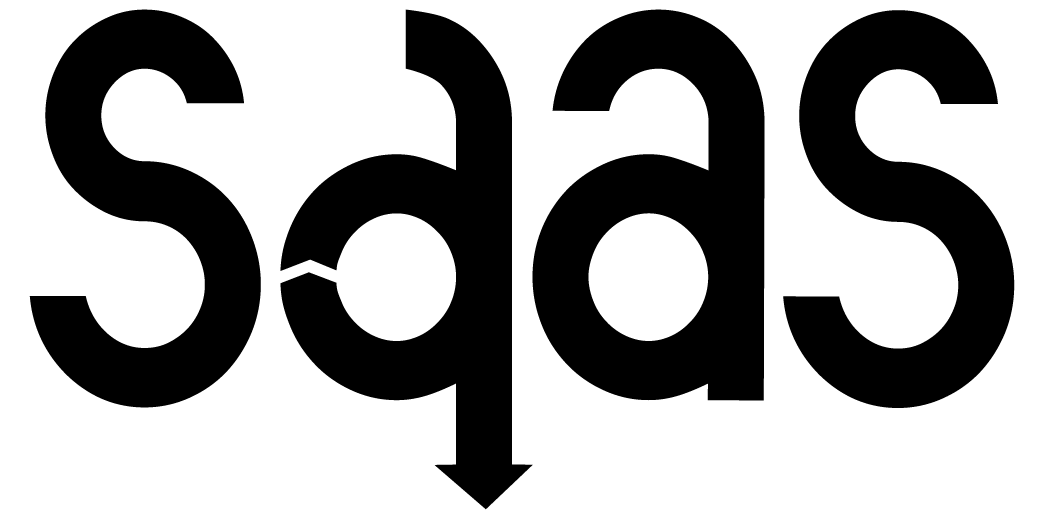- Polytech
SAAS
SAAS
Service d'Automatique et d'Analyse des Systèmes
Department of Control Engineering and System Analysis
Brussels School of Engineering
Supervision and Fault diagnosis of technical systems based on mathematical models
Model based fault diagnosis aims at detecting and isolating at an early stage the degradations in the operation of a technical system. It relies on the computation of fault indicators, also called residuals. The latter characterize the discrepancy between the data measured on-line on the supervised system and a mathematical model of this system describing its normal behavior or certain faulty behaviors. These indicators are processed in a so-called decision system in order to determine whether some of the residuals are significantly different from zero, and to deduce the most likely fault(s) from the pattern of zero and non-zero residuals.
Advanced control of nonlinear dynamic system subject to constraints. With emphasis on reference governor methods
The group specializes in the control of system subject to constraints through both predictive and non-predictive methods. The main goal is the development of new computationally efficient constrained control methods.
The main lines of research are:
– Command and Reference Governor Schemes
– NON-optimization Based Constrained Control Schemes
and their applications to:
– Aerial Robotics
– Distributed Systems (Power Networks)
The main lines of research are:
– Command and Reference Governor Schemes
– NON-optimization Based Constrained Control Schemes
and their applications to:
– Aerial Robotics
– Distributed Systems (Power Networks)
Application domains
Electric energy production, distribution, and storage
Projects in electricity production and distribution aim at improving the availability of renewable energy sources, at accounting for the variability of renewable energy production in network security assessment and at ensuring ancillary services (see more).
Mechatronics (UAVs and robotics)
The goal is to develop control units for Unmanned Aerial Systems to enable the UAVs (quadrotors, multirotors, blimps, etc.) to interact with the environment and to perform operations (see more).
